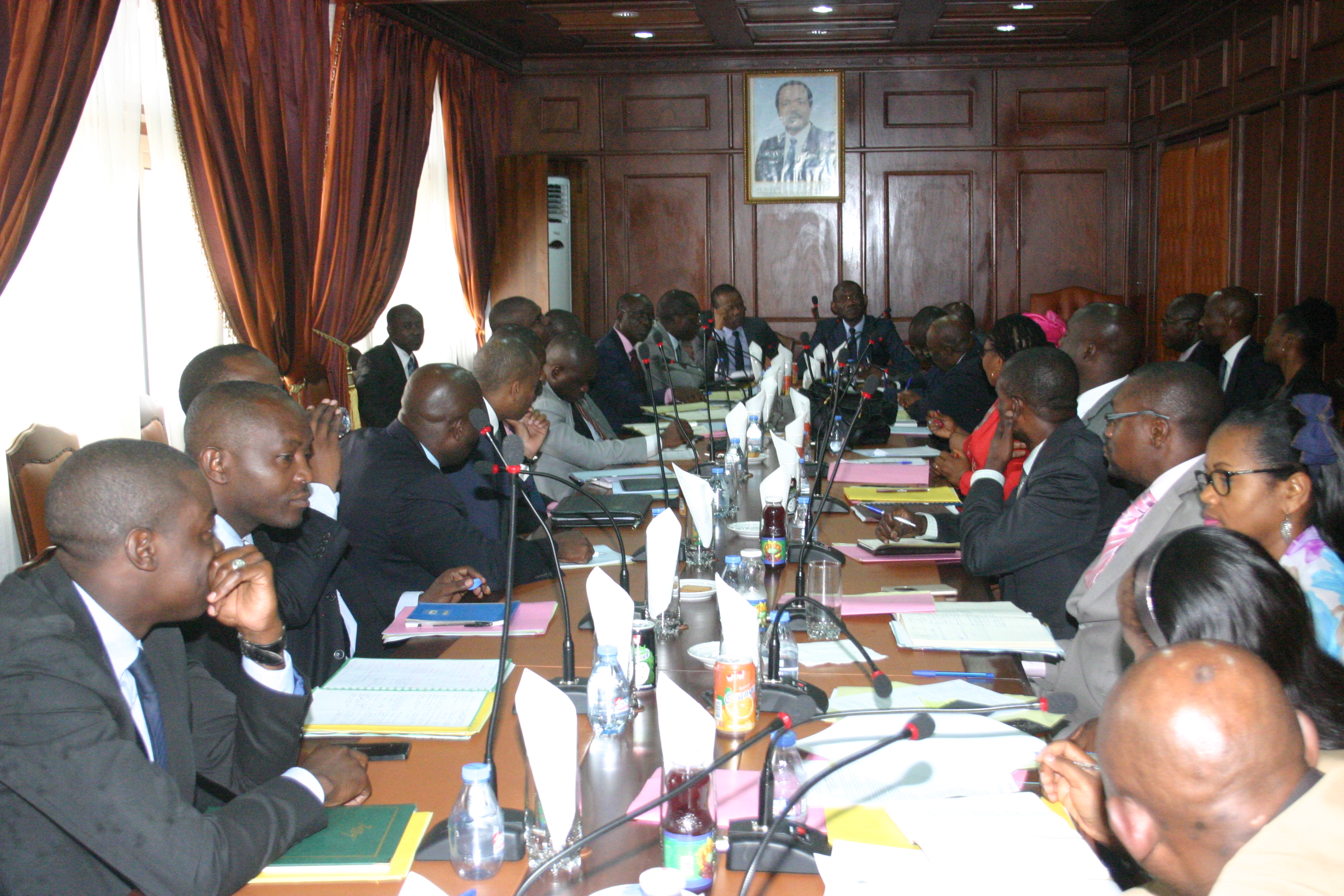Publié le : 5/06/18 4:55 PM

Cameroon’s budget for 2018, which has been in force since 2 January 2018, amounts to CFAF 4,513 billion in revenue and expenditure.
According to Cyrill Edou Alo’o, Director General of the Budget at the Ministry of Finance, the government has taken a series of measures to ensure the quality of implementation of the 2018 budget. « The President of the Republic enacted the law before January. The Minister of Finance signed the circular on January 2. The Ministry of Economy has made the project journal available on time and the Ministry of Public Procurement has anticipated by holding its programming conferences since December, » he explained in an interview with Cameroon Tribune on newsstands on Wednesday, January 10, 2018.
To date, he continues, « the procurement plans are almost signed and the Ministry of Public Procurement has signed a circular asking the owners to award the contracts by the end of April at the latest. This is to give administrations time to properly execute the public investment budget. And the government has gone to great lengths to make the execution chain more fluid.
It should be recalled that the priorities for the implementation of the 2018 budget were clearly defined in the President of the Republic’s Circular signed on 20 June 2017, relating to the preparation of the State budget for that year. Indeed, addressing members of the government and regional governors, Paul Biya had not failed to recall that « the preparation of the State budget for the 2018 fiscal year is part of the pursuit and amplification of the Nation’s economic, social and cultural development policy, underpinned by the Growth and Employment Strategy Paper (DSCE) ».
As regards efficiency in the implementation of the 2018 budget, the reduction in the State’s standard of living will continue. For Cyrill Edou Alo’o, « there are some flagship actions including the physical counting of state personnel in order to bring the wage bill back to where it really should be. There is also the rationalization of the advance funds, now limited to 25 per administration with a ceiling of 250 million francs. This is to ensure that normal procedures take precedence over derogations, in terms of expenditure ».
« At the mission level, we opted for programming so that in February, each administration must already know the number of missions to be carried out throughout the year so that we have a readability in this category of expenditure. International missions must also be reduced, both in number and size of teams, » concludes the Budget Director General at the Ministry of Finance.